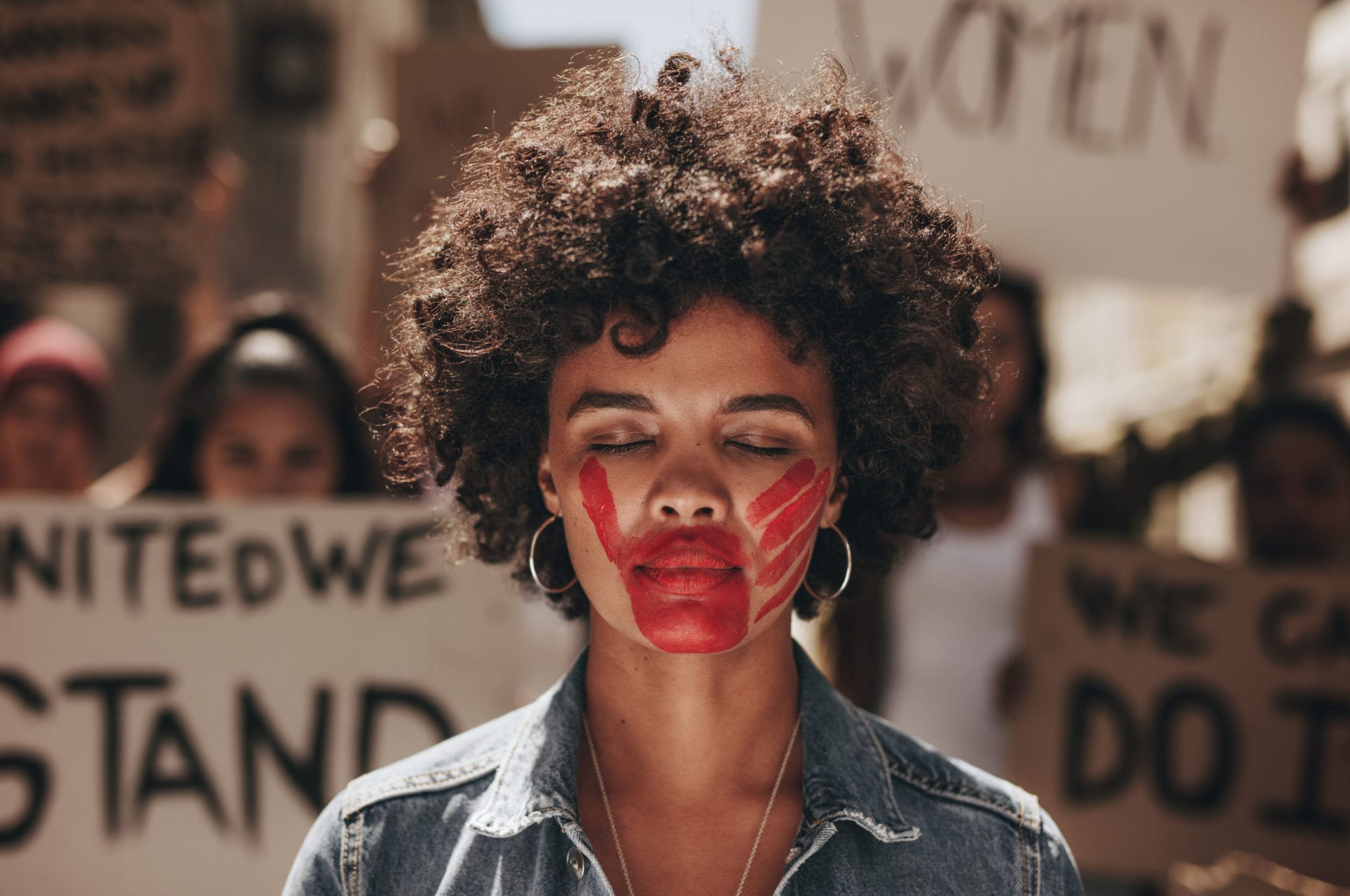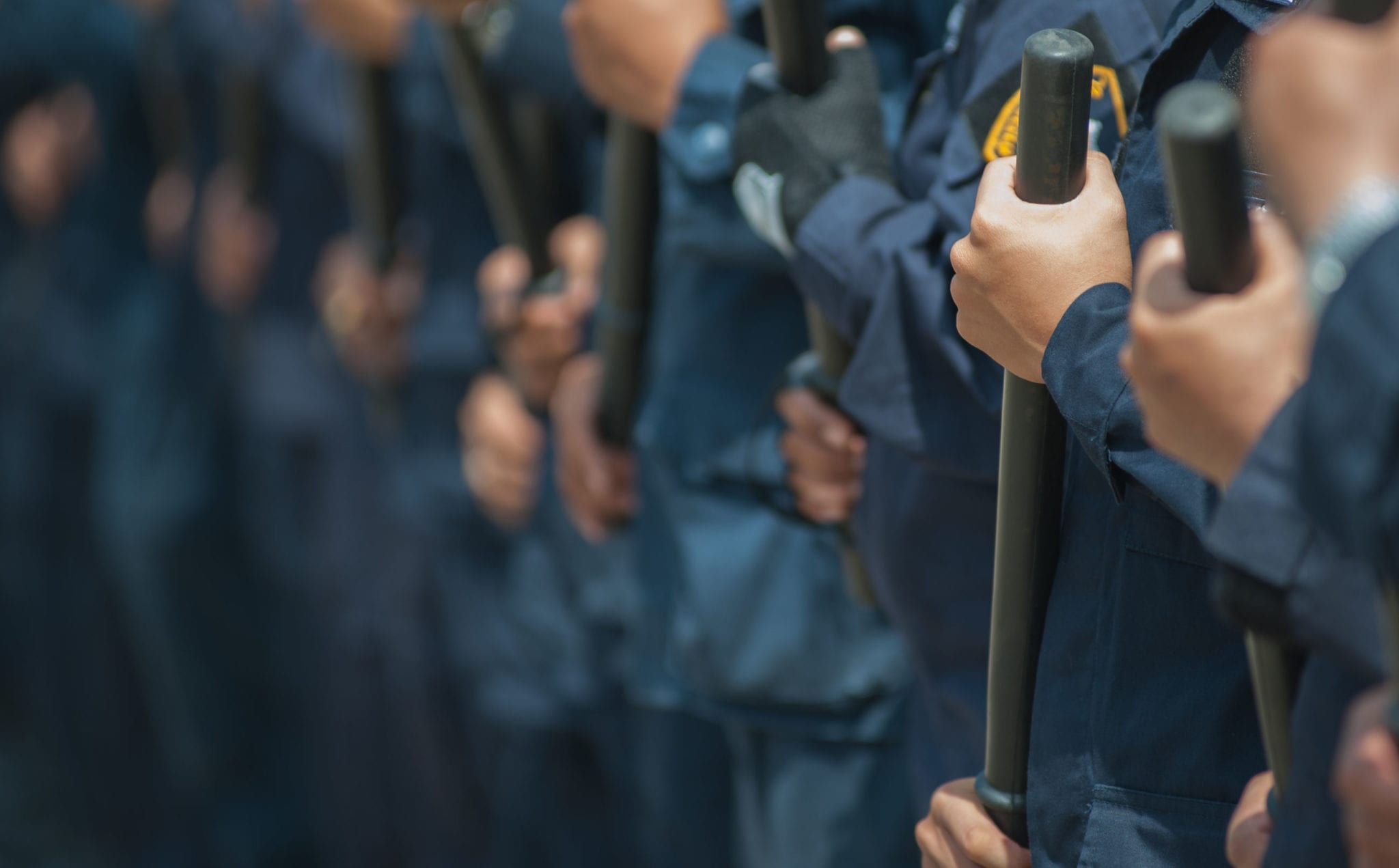Police officers are bound to uphold the law as well as protect the rights of law-abiding citizens. However, if you’ve seen police responding to peaceful protests over the last few weeks, you could be forgiven for having no idea that that is what they are duty-bound to do.
According to Insider, police have been firing rubber bullets, tear gas, and other non-lethal projectiles at peaceful protestors — as well as journalists. Especially in conjunction with protests related to the death of George Floyd, Minneapolis police are responding violently to protests, often escalating violence instead of assisting in its de-escalation.
If you have questions about excessive force by police in Minnesota or your rights when at a protest, you are not alone. Here are some of the answers to the biggest questions to help ensure your rights are not violated or abused by the very forces that should protect them.
What Is Excessive Force in Minnesota?
When a police officer uses excessive physical force to restrain someone, that can be considered excessive force. This includes behaviors such as:
- Shoving
- Throwing victims to the ground
- Kicking
- Punching
- Pushing
Excessive force also includes hurting a citizen in any way. The policy surrounding excessive force does allow it to be used, however, if the person being arrested is a danger to the officer or the public.
Excessive force is considered misconduct. If the police are violating your civil rights, then they can be charged with misconduct.
What Does the Law in MN Say About Police Misconduct?
There are state as well as federal laws and statutes that govern police misconduct. In Minnesota, there is misconduct of a public officer.
This statute says that any public officer, such as the police, who fail or refuse to perform their known duty, acts knowingly in excess law of authority, unlawfully injures another person under pretense, or makes a false report can be sentenced to imprisonment for up to one year as well as fined up to $3,000.
On the federal level, officers who are accused of misconduct can be charged with conspiracy to violate civil rights, violation of civil rights, and deprivation of civil rights.
Are Minnesota Police Authorized to Use Force?
Excessive force is tricky to prove simply because police have the legal authority to use force when authorized. This means that any reasonable force can be used by an officer if the police are:
- Executing a lawful arrest
- Enforcing an order of the court
- Executing a duty imposed upon them by being an officer of the law
- Executing a legal process
As you can see, the idea of reasonable force is quite broad, which makes it more important than ever that you know what your rights are.
What Rights Do Protesters Have in Minnesota?
According to the ACLU, you have the right to protest in parks, on sidewalks, and in the streets. You can even protest in front of government buildings. You can also photograph or record anything in a public space and the police cannot take your recording devices away.
It’s also worth mentioning that you do not need a permit to march on sidewalks or in the streets as long as you are not obstructing traffic.
What Can You Do If You’re a Victim of Excessive Force in MN?
If you feel you’ve been a victim of police misconduct, then you need to file a formal complaint. You must obtain detailed information to do so, including:
- The date and time of the misconduct
- The badge numbers and names of officers involved
- The location of the event
- Contact information for any witnesses
You can then file a complaint with the police department of the officer responsible. You should be directed to the proper place to file the complaint.
About the Author:
Christopher Keyser is an AV-Preeminent rated criminal and DWI defense attorney based in Minneapolis who is known for fighting aggressively for his clients and utilizing innovative tactics to get the most positive results. He has been featured in numerous media outlets due to the breadth and depth of his knowledge and named a Certified Specialist in Criminal Law by the Minnesota Bar Association. Mr. Keyser is Lead Counsel rated, and he has received recognition for his criminal law work from Avvo, Expertise, Super Lawyers, The National Trial Lawyers, and more.







